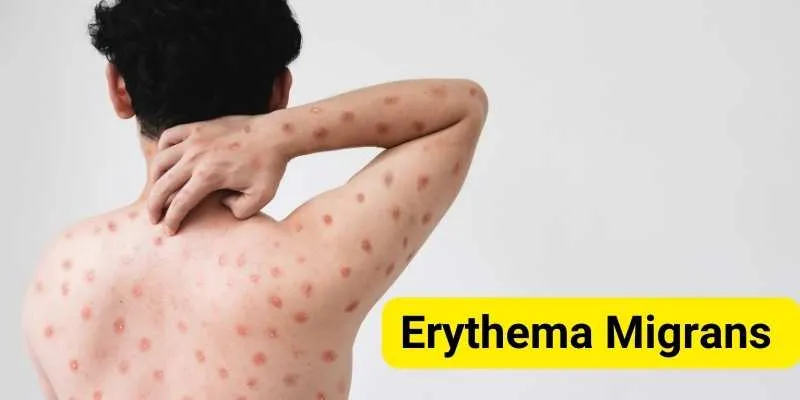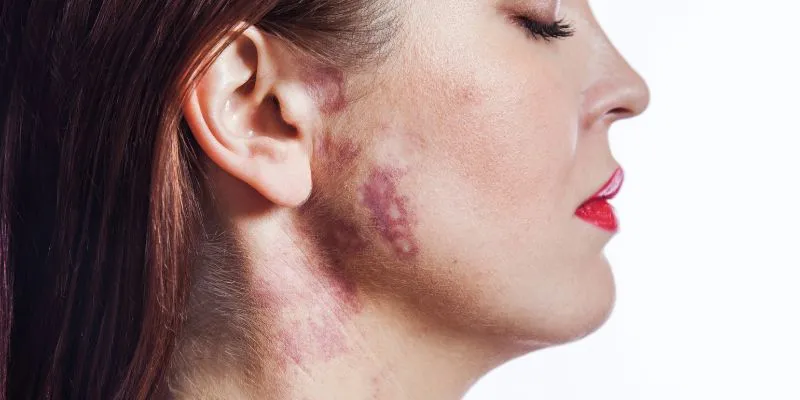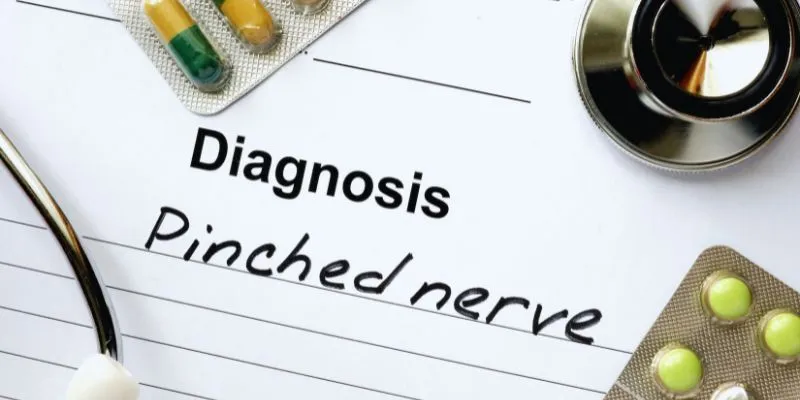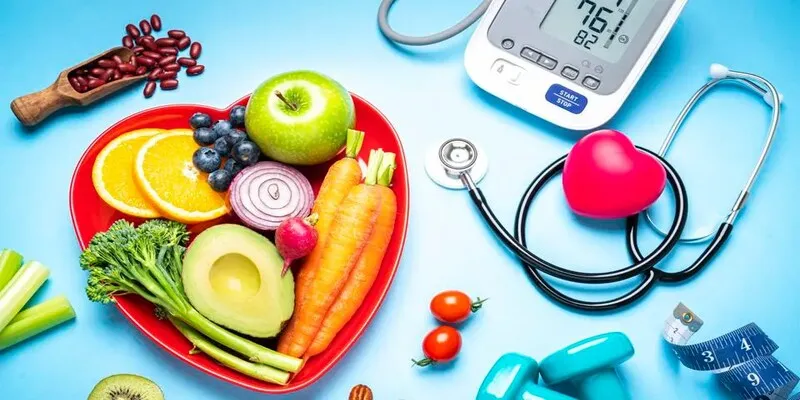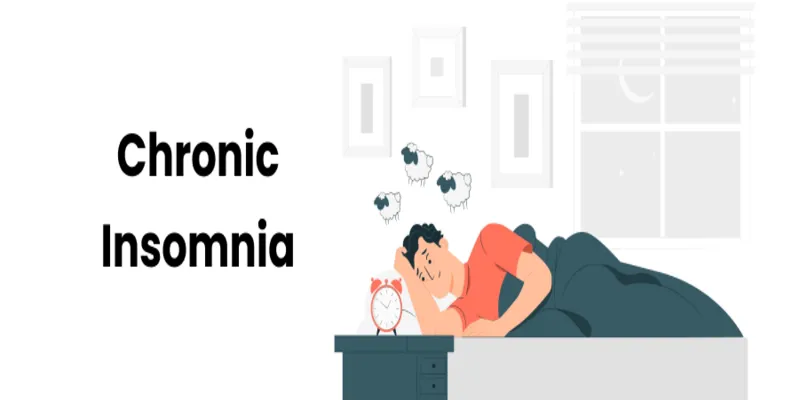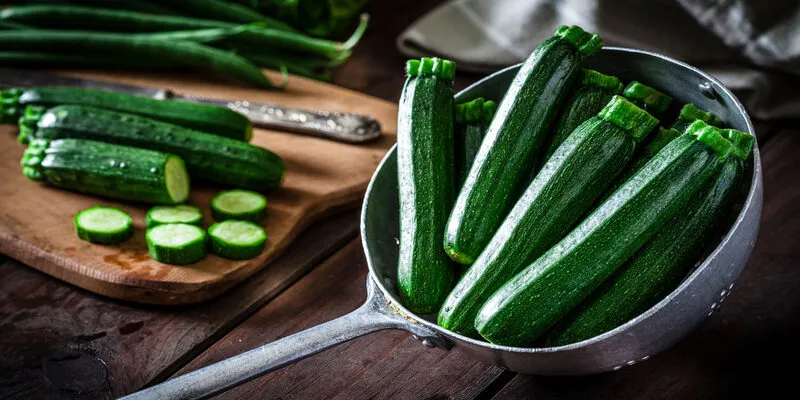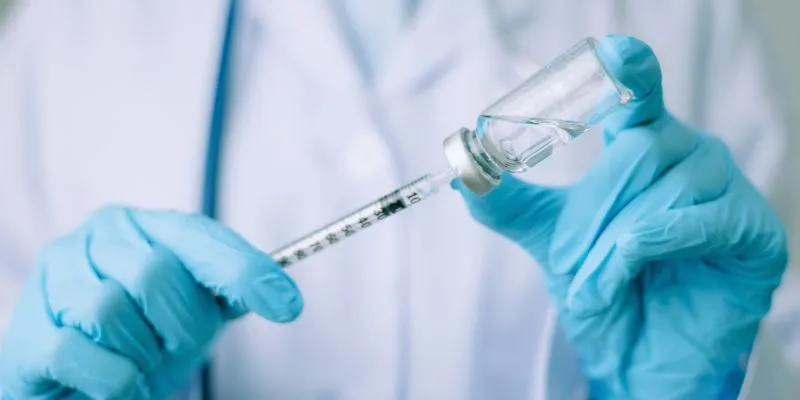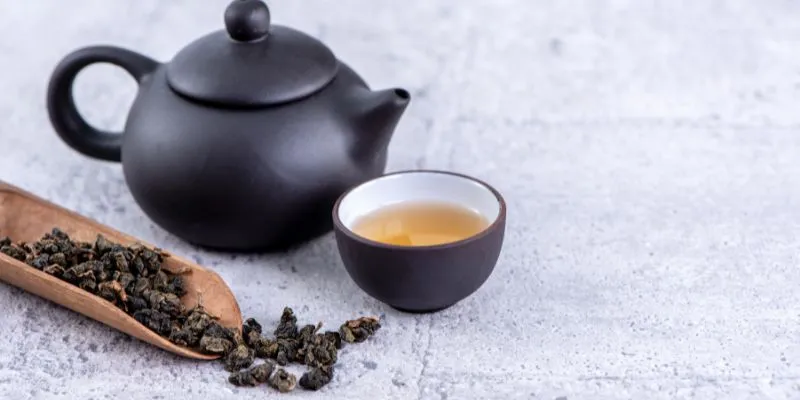The Definitive Guide to Acne: Everything You Need to Know for Blemish Care and Beyond
Acne is one of the most common skin problems, affecting individuals across all age groups and skin types. Beyond mere cosmetic concerns, acne can lead to psychological issues. This comprehensive guide will explore everything about acne, from its causes and types to effective treatments and prevention strategies. By understanding these aspects, you’ll be empowered to make informed decisions for achieving healthier, clearer skin.
What is Acne?
Acne is a prevalent skin condition caused by the obstruction of hair follicles with oil, dead skin cells, and bacteria. This leads to blemishes such as pimples, blackheads, and cysts, typically appearing on the face, chest, or back. Understanding acne is crucial for developing suitable skincare routines and treatment strategies. Various factors contribute to acne, including oil production and bacterial infestation. Identifying and understanding these factors is essential in combating acne effectively.
Types of Acne
- Excessive oil production: Overactive sebaceous glands increase oil production, leading to clogged pores.
- Dead skin cells: The accumulation of dead skin cells in the pores occurs when the body cannot shed the skin effectively.
- Bacteria: Propionibacterium acnes is a bacterium that causes inflammatory acne.
- Hormones: Hormonal changes during puberty, menstruation, and stress can trigger acne.
- Diet: Certain foods, such as dairy and high-sugar products, can exacerbate acne in some individuals.
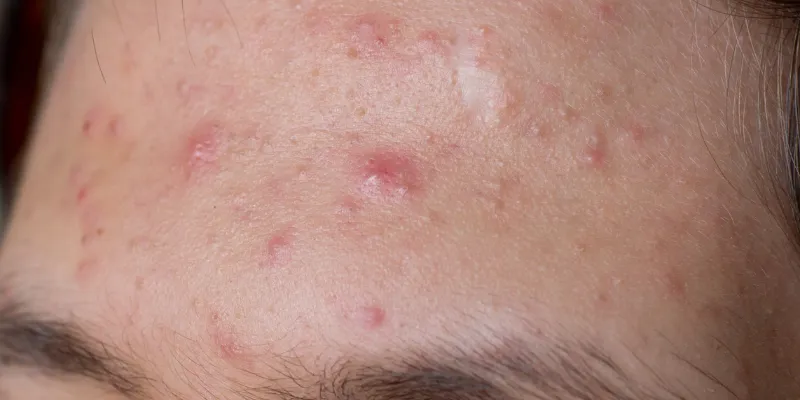
Causes of Acne
Several factors contribute to acne development. Excessive sebum production by sebaceous glands can block pores, resulting in acne. The inability to shed dead skin cells also clogs pores, while bacteria or viruses on the skin can cause inflammation. Hormonal changes, particularly during puberty, menstruation, and stress, can exacerbate the problem. Additionally, dietary habits, such as consuming foods rich in sugar or dairy products, can worsen acne in some individuals. Understanding these causes is essential for choosing the right skincare and lifestyle adjustments to manage acne effectively.
How to Treat Acne Effectively
Treatment for acne depends on its severity. Over-the-counter options include salicylic acid, which helps remove dead skin to prevent clogged pores, and benzoyl peroxide, which eliminates acne-causing bacteria. Retinoids, another popular treatment, increase cell turnover and keep pores clean. For persistent acne, prescription treatments may be necessary, such as topical antibiotics, oral medications, or isotretinoin for severe cases.
Prevention Tips for Acne
Preventing acne requires a holistic approach that combines skincare, lifestyle, and environmental habits. By maintaining consistent routines and healthy practices, you can minimize outbreaks. Below are essential acne prevention tips:
- Deep Cleansing: Wash your face twice daily with a gentle sulfate-free cleanser to remove excess oil, dirt, and impurities. Use lukewarm water, as hot water can strip natural oils, increasing oil production.
- Don’t Touch Your Face: Avoid touching your face to prevent transferring dirt, oils, and bacteria, which can clog pores. Refrain from picking or squeezing pimples to avoid spreading bacteria and causing inflammation or scarring.
- Use Non-Comedogenic Products: Ensure skincare and makeup products are labeled “non-comedogenic” to prevent pore blockage, especially if you have acne-prone skin. Avoid heavy oil-based creams that trap oil and debris.
- Conscious Dieting: Diet plays a role in skin health. While not a direct cause, certain foods can trigger acne. Limit sugars and carbohydrates, which increase insulin levels, and reduce dairy intake, which can promote oil production and inflammation.
- Hydration: Maintain skin balance and eliminate toxins by staying hydrated. Drinking at least eight glasses of water daily helps keep the skin’s moisture barrier effective, preventing dryness and excess oil production.
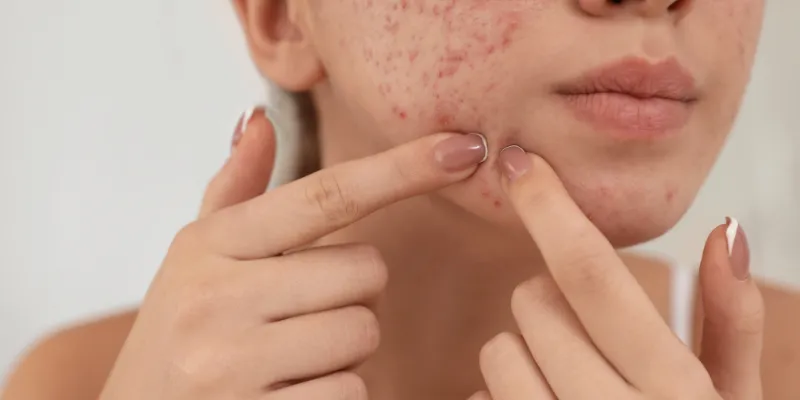
Acne Scars: Causes and Treatments
Acne scars often develop, especially in individuals with moderate to severe acne. Picking or squeezing pimples can cause further skin damage, leading to scarring. Common types include ice pick, boxcar, and rolling scars. Treatment options vary, including chemical peels to remove epidermal layers, laser treatments for collagen stimulation, and microneedling.
Conclusion
Acne is a complex skin issue that requires proper handling for effective management. By incorporating skincare practices, lifestyle adjustments, and professional care, you can improve your skin condition and reduce breakouts. Achieving clear skin demands patience and dedication, but by following these steps, you’ll be closer to attaining a healthier, blemish-free complexion.
